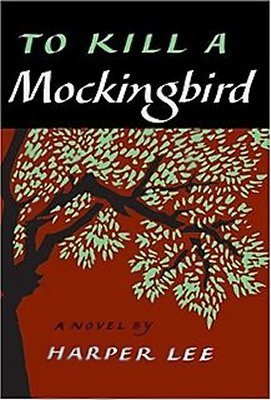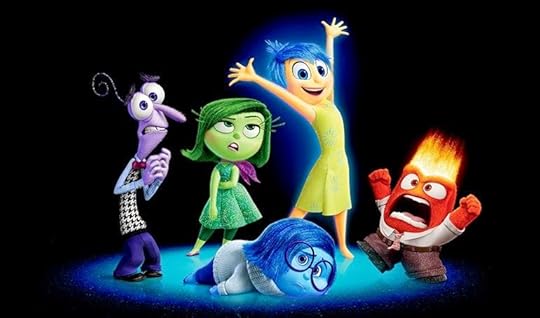Getting Inside the Mind of The Child
Before reading Harper Lee’s Go Set a Watchman, I decided to reread To Kill a Mockingbird, a book that I did not love when I first encountered it. The novel had been assigned to my son, in eighth grade at the time, and we read it together, aloud. Imagine my shock when, the second time around, I fell under the spell of To Kill a Mockingbird, and–its imperfections aside (the ending always feels melodramatic and contrived)–would make myself stop reading from time to time to make the book last longer.
Most will agree that Harper Lee lets us see the world through the eyes of a child in powerful ways. Scout tells the story as an adult but she slips back with ease into the consciousness of her experiencing self, seamlessly moving back to the older and wiser adult, who adds information and clarifies the child’s account. Scout is young, yet To Kill a Mockingbird is a coming-of-age novel, a genre designation that moves the book into the YA fiction camp. But like Donna Tartt’s The Goldfinch (why all the birds in fiction about the young?), To Kill a Mockingbird is a book for adults as much as for the young, perhaps more for adults than children. My discontent during that first reading stemmed in part, I believe, from the sense that you had to be an adult to understand how Harper Lee lets us go back to our own childhoods and immerse ourselves in all the perils of childhood–the injustices, the powerlessness, the transgressive energy–and also its comforts and pleasures. When you are 13, you get that and don’t need a Proustian nudge.
To Kill a Mockingbird takes us inside a child’s mind, but it also self-reflexively sends a powerful message about the importance about perspective, identification, and empathy. “You never really understand a person until you consider things from his point of view . . . until you climb into his skin and walk around in it” Atticus tells Scout. And the golden moment near the end of the novel, when Scout’s voice shifts into the third person and describes the events in her story from Boo Bradley’s point of view, tells us that she has internalized her father’s wisdom. In some ways, Harper Lee’s book inaugurated an age of empathy.
Last night I went to see Inside Out, with my son, now grown up. Imagine my surprise when he found it captivating and true, and I found the execution lifeless even as I loved the concept. I made a quick note to myself to see it again, though this time I won’t wait fifteen years.
Maria Tatar's Blog
- Maria Tatar's profile
- 316 followers





